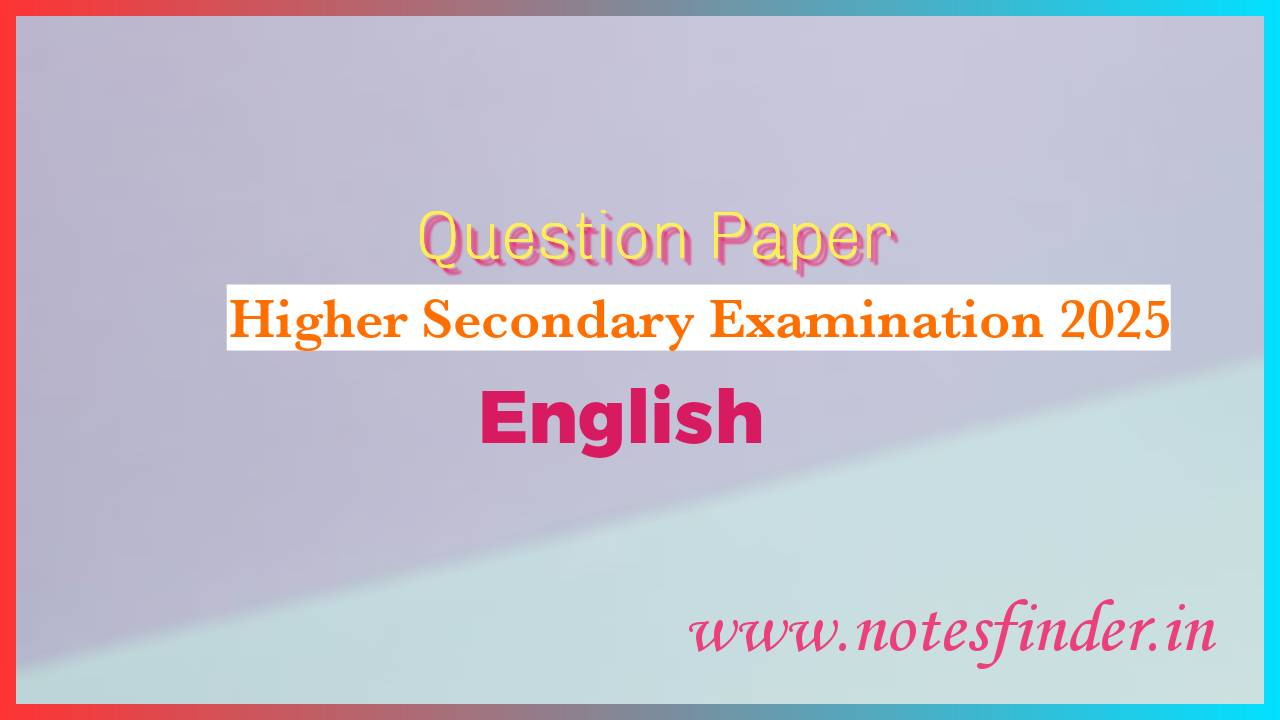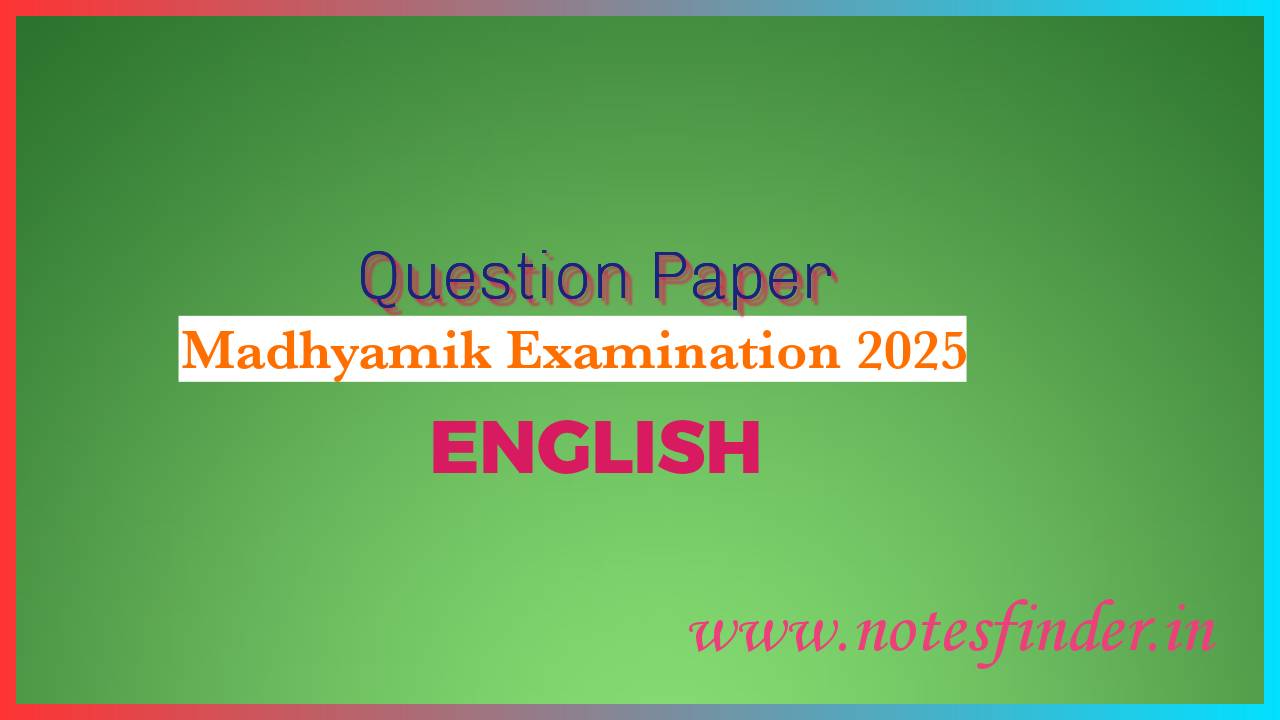WILLIAM COWPER (1731-1800) may be said to be giving in his poems a foretaste of the ol poetry of Wordsworth. There is in his works the same deep respect for the rural life, the common people and the lovely, quiet landscape. Like Wordsworth again he did not hesitate in giving clear-cut opinion about the issues of his time.
It is a paradox that the poets and dramatists who lived in cities or state capitals have written powerfully about the beauty of the rural life. The simplicity of the common villagers engaged in humble professions, the abundance of natural life in the flora and the fauna and the peaceful living they together make have always inspired poets to write on the life in the countryside.
Cowper’s poem is a classic example of this kind of writing. The first line of the poem – “God made the country and man made the town” truly sums up the creation of the countryside and the evolution of towns. Being created in a natural way, villages possess a perfection that towns and cities can never have. Addressing the town-dwellers, the poet throws light on the virtues of the rural life and exhorts them to escape from artificial luxury and comfort to the simple, but enduring, pleasures of a village.
God made the country, and man made the town.
What wonder then that health and virtue, gifts
That can alone make sweet the bitter draught
That life holds out to all, should most abound
And least be threatened in the fields and groves ?
Possess ye, therefore, ye, who borne about
In chariots and sedans, know no fatigue
But that of idleness, and taste no scenes
But such as art contrives, possess ye still
Your element; there only can ye shine;
There only minds like yours can do no harm.
Our groves were planted to console at noon
The pensive wanderer in their shades. At eve
The moonbeam, sliding softly in between
The sleeping leaves, is all the light they wish.
Birds warbling all the music. We can spare
The splendour of your lamps; they but eclipse
Our softer satellite. Your songs confound
Our more harmonious notes: the thrush departs
Scar’d, and th’ offended nightingale is mute.,
PANORAMA ENGLISH BOOK PART 2 CLASS 10 PROSE
Chapter 1 The Pace for Living
Chapter 2 Me and The Ecology Bit
Chapter 3 Gillu
Chapter 4 What is Wrong with Indian Film
Chapter 5 Acceptance Speech
Chapter 6 Once Upon A Time
Chapter 7 The Unity of Indian Culture
Chapter 8 Little Girl Wiser Than Man
PANORAMA ENGLISH BOOK PART 2 CLASS 10 POETRY
Chapter 1 God Made The Country
Chapter 2 Ode On Solitude
Chapter 3 Polythene Bag
Chapter 4 Thinner Than a Crescent
Chapter 5 The Empty Heart
Chapter 6 Koel (The Black Cuckoo)
Chapter 7 The Sleeping Porter
Chapter 8 Martha
PANORAMA ENGLISH READER PART 2 CLASS 10TH SOLUTIONS BIHAR BOARD
Chapter 1 January Night
Chapter 2 Allergy
Chapter 3 The Bet
Chapter 4 Quality
Chapter 5 Sun and Moon
Chapter 6 Two Horizons
Chapter 7 Love Defiled
BIHAR BOARD CLASS 10TH ENGLISH WRITING
Unseen Passage for Comprehension Literary
Unseen Passage for Comprehension Factual
Letter Writing
Essay Writing
Paragraph Writing
Short Writing
Notice Writing
BIHAR BOARD CLASS 10TH ENGLISH GRAMMAR
Tenses
Modal Auxiliaries
Active and Passive Voice
Clauses
Narration Direct and Indirect Speech
Prepositions
Subject-Verb Concord
Determiners
Idioms and Phrases
Translation



